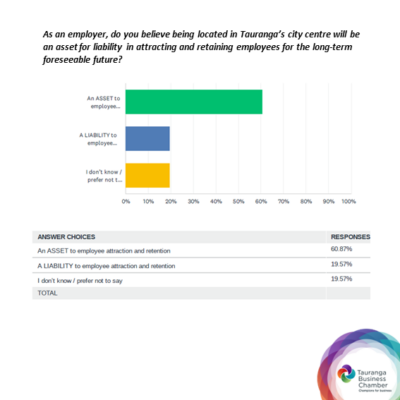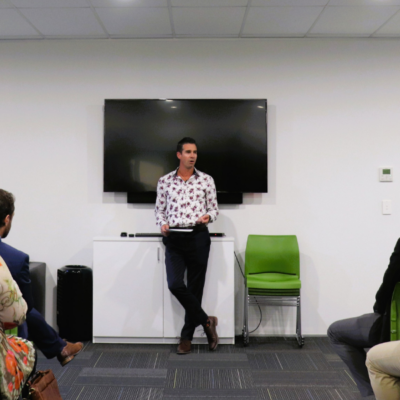From the outside, ‘company culture’ may seem like a buzzword for corporates, but building a strong, well-connected team is just as important if you have one staff member or 100.
Maybe you’ve recently recruited and having a team member has changed the dynamic of your business, or you’re looking to recruit and grow, and want someone who is going to be a good fit for your business.
Whatever stage you’re at, it’s important to understand what your company culture is and how to utilise it to your team’s advantage.
We spoke to Claire Russell from ThinkPlus to get some top tips as part of our Back to Basics series.
Why is company culture important?
A company culture is what it feels like to work inside the fabric of your business. A little bit like how different families feel and how that family system can work differently, a business is the same. Is it one that people would enjoy working in? That they feel loyal to? Feel safe in? Do they want to work hard for it?
What impact can it have your business and / or your team?
Research has shown that you can gain higher performance, both in the quality of workmanship and in the quantity of outputs.
A great culture has the potential to create a strong positive energy where creativity can thrive, performance feels meaningful, staff want to give their best and it feels like a strong mesh of a team sitting on authentic foundations.
What are some of the challenges of creating company culture within a small team?
In a small team, a poor culture can be even more concentrated, so it is imperative to try to recruit people with the right energy, values and communication style.
A small group can often create a strong family vibe, which can be lovely, but can also be difficult when performance issues need to be addressed or the business goes through rapid growth.
What are some steps to help create positive culture with a small team?
You can influence culture through various strategies, however it is the tapestry of the individuals who can choose to make the most of the environment – the glue which holds a team together is the mesh created through positive working relationships.
Getting to know each other as human beings can help people to understand each other, connect in such a way that we want to support one another and contribute beyond ourselves.
How do you recruit for best company fit and why is this important?
Reflect on the best fit based on the existing team – where are the gaps where someone may offer some diversity? If you are seeking a go-getter type environment, high fast-paced energy, then you need to look for individuals who come with that vibe.
A more introverted individual may find it really challenging working amongst a loud, energetic team, and likewise the other way around.

What should you be looking for / asking during job interviews?
Provide values-based questions which give you an insight into how a person might approach situations can be helpful, for example finding out what their ethics may be or where their priorities may lie in different contexts or decision-making conundrums.
Such questions could include
- What type of environments do you thrive in and why?
- What types of teams have you enjoyed working in?
- How do you like to be managed or led?
- How do you respond in stressful situations?
How can you ensure they are on-boarded as part of a team from day one?
Providing a welcome pack before a staff member arrives allows them to feel welcomed right from the beginning. Making sure their desk and equipment is set up and ready to roll saves any down time and shows the news staff member that you value their arrival.
Take time to do a morning tea and introduce them to everyone. Make sure they feel included and start to get to know their other tea mates. A buddy could be a good addition at this stage.
Reflect on what it was like when you last started in a new organisation. Allay any fears and give clarity as to the role and help them to build a picture of what the first two weeks will look like.
If you’ve never managed staff before, what are some top tips to be an effective manager?
Managing staff is a responsibility not to be taken lightly. It is important for people to have clarity as to expectations, not just on outputs and how the organisation operates.
Remember this is not simply a matter of you being ‘liked’ or having the ‘power’ to command. You are stepping into being an influencer, a role model and someone who can support and guide others to generate quality outputs in a positive way.
Anything else you would like to add?
It could be good to reflect on what types of organisations you have enjoyed working in yourself: What allowed you to achieve? How can you go about creating a positive work culture that will create a sustainable, thriving organisation?
Back to Basics is a blog series with Chamber Members focusing on the fundamentals of business. Whether you’re just getting started or need a refresher to ensure you’re up to scratch, we’re here to help connect you with the info you need.
















































